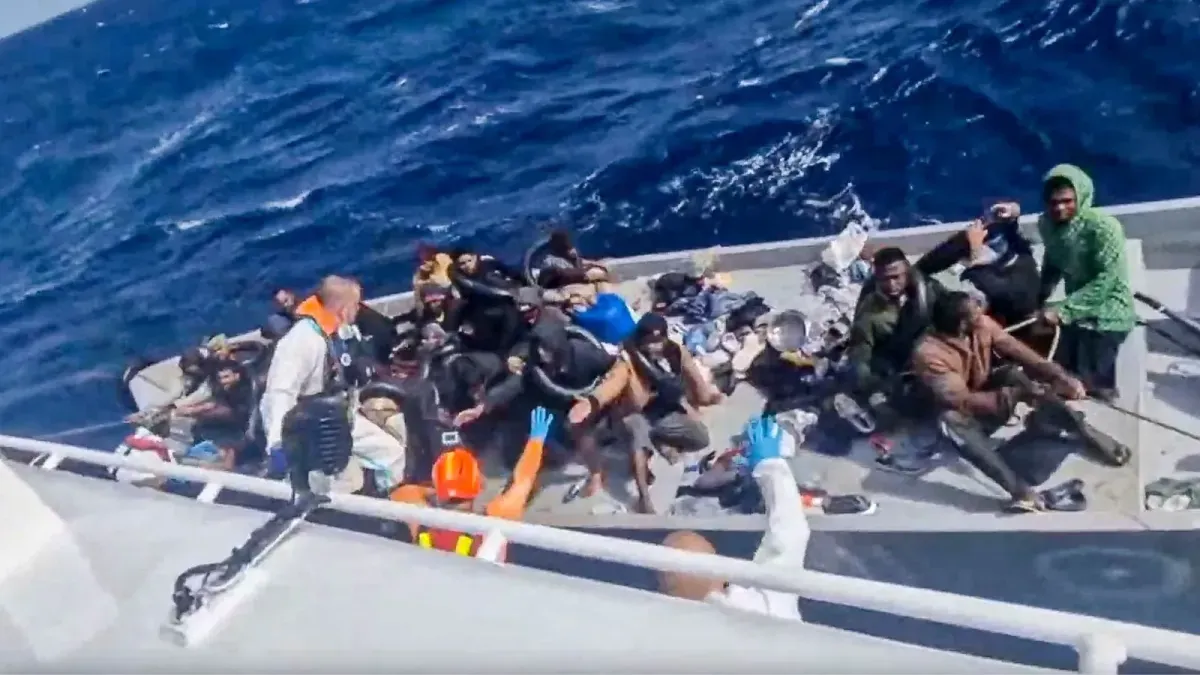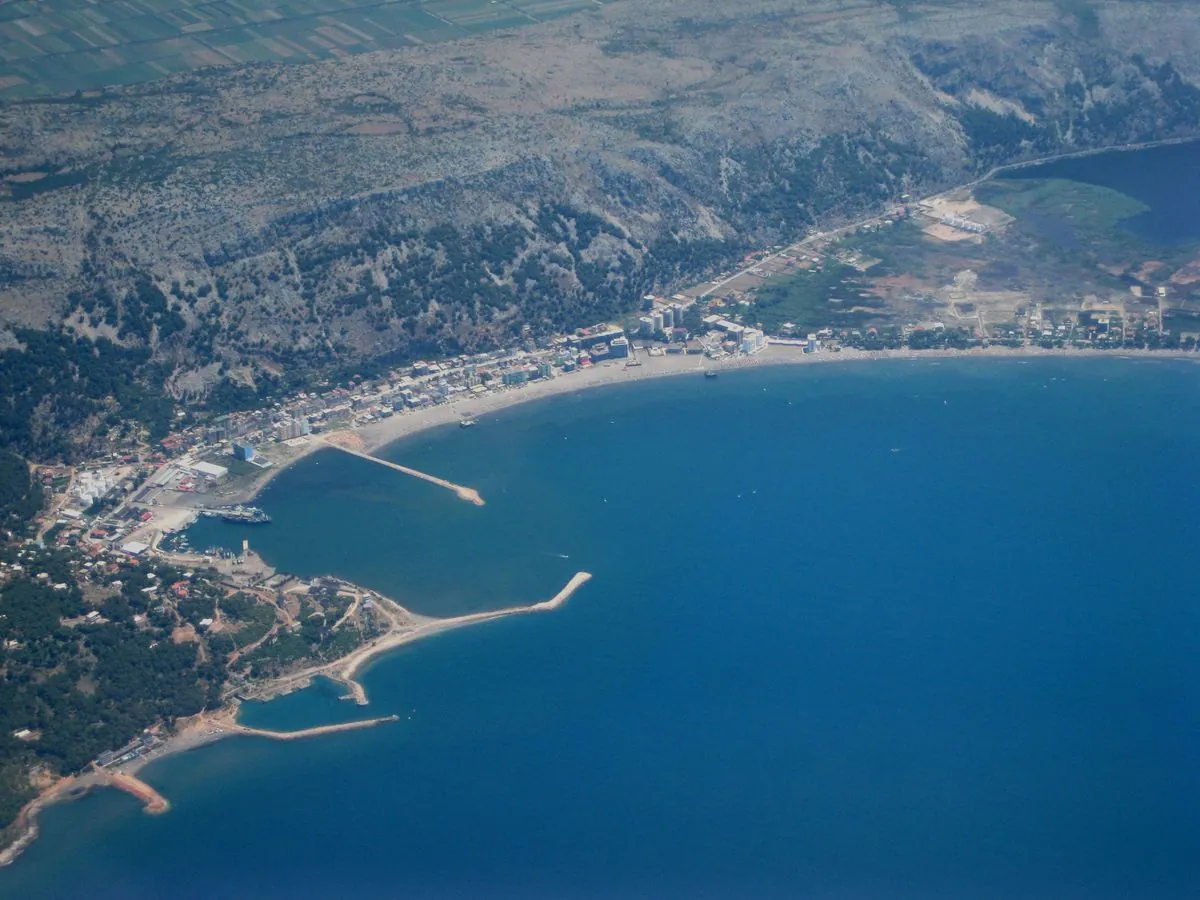Italy's Albanian Migrant Camp Plan Faces Setbacks and Criticism
Italy's controversial plan to establish migrant detention camps in Albania encounters delays and opposition. The project, aimed at processing 36,000 migrants annually, faces criticism from human rights groups.

Italy's ambitious plan to establish migrant detention facilities in Albania has encountered another setback. Initially slated for inauguration on August 1, 2024, the project is now facing delays of several weeks, according to a source close to the matter who spoke on condition of anonymity.
Giorgia Meloni, Italy's prime minister, had announced the August 1 date during her visit to Albania in June 2024. This came after an earlier projection of the facilities being operational by spring 2024. The source cited extreme heat in Albania as a factor limiting construction progress.
The agreement, signed between Italy and Albania in November 2023, aims to process approximately 36,000 migrants annually at two facilities: one at the port of Shengjin and another in Gjader. This initiative is part of Italy's broader strategy to manage immigration, a pressing issue given its extensive 7,600 km coastline.

Italy plans to invest 670 million euros over a five-year period for these camps, with the goal of expediting asylum request processing to 28 days, significantly shorter than the current timeline of several months.
However, the project has faced substantial criticism. Opposition parties and human rights organizations have voiced strong concerns, drawing parallels to a similar, now-abandoned plan between Britain and Rwanda. Eve Geddie, director of Amnesty International's European Institutions Office, stated:
"It's shameful that despite all the criticism and concerns raised by human rights bodies, the Italian government has decided to go ahead with this agreement."
The controversy surrounding this plan reflects broader challenges in European migration policies. As a major entry point for Mediterranean crossings, Italy has been at the forefront of the EU's decade-long struggle with migration issues. The situation is further complicated by Albania's status as an EU candidate country and NATO member since 2009.
As Italy moves forward with this controversial plan, it continues to navigate complex diplomatic, humanitarian, and logistical challenges. The outcome of this initiative could have significant implications for future European approaches to migration management.


































